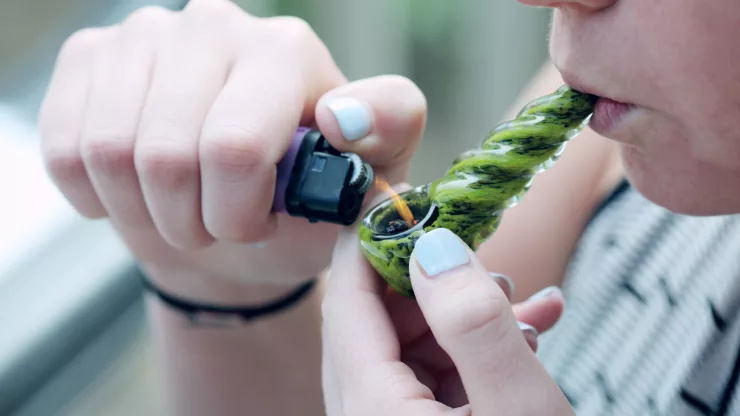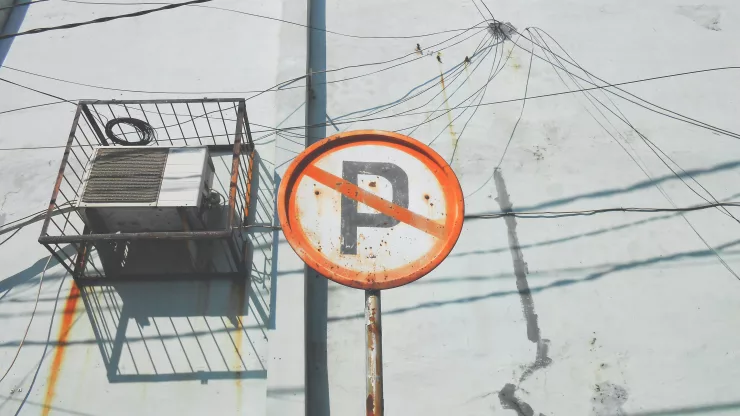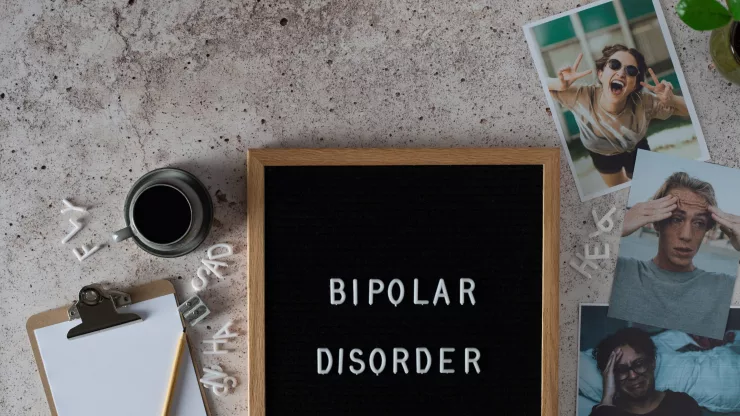Post-traumatic stress disorder (PTSD) is a mental health condition that can develop after experiencing or witnessing a traumatic event. Symptoms can include flashbacks, nightmares, anxiety, and depression.
Coping with PTSD can be challenging, but there are strategies that individuals can use to improve their well-being and quality of life. In this article, we will explore some of these strategies.
Jump to Section
Understanding PTSD and Its Effects
PTSD is a condition that can affect anyone who has experienced or witnessed a traumatic event. The symptoms can vary from person to person, but they can significantly impact an individual’s life.
Some common effects of PTSD include:
- Flashbacks and nightmares
- Avoidance of situations that remind the person of the trauma
- Hypervigilance and anxiety
- Depression and mood swings
It is essential to understand that PTSD is a treatable condition. With the right support and strategies, individuals with PTSD can significantly improve their quality of life.
Building a Support System for Recovery
Having a support system is crucial for individuals with PTSD. This can include friends, family, and mental health professionals.
Some ways to build a support system include:
- Joining a support group for individuals with PTSD
- Seeking out counseling or therapy
- Talking to friends and family members about your experiences
- Educating loved ones about PTSD and how they can support you
Having a strong support system can help individuals with PTSD feel less isolated and more hopeful about their recovery.
Mindfulness and Meditation for Healing
Mindfulness and meditation can be powerful tools for individuals with PTSD. These practices can help individuals become more present and aware of their thoughts and emotions.
Some benefits of mindfulness and meditation include:
- Reducing anxiety and stress
- Improving sleep
- Increasing feelings of calm and relaxation
- Improving mood and emotional regulation
There are many ways to practice mindfulness and meditation, including guided meditations, yoga, and deep breathing exercises. Incorporating these practices into daily life can help individuals with PTSD feel more grounded and centered.
Exercise and Nutrition for Mental Health
Exercise and nutrition can also play a significant role in improving mental health for individuals with PTSD. Regular exercise can help reduce anxiety and depression, improve sleep, and increase feelings of well-being.
Eating a healthy, balanced diet can also improve mood and energy levels.
Some tips for incorporating exercise and nutrition into daily life include:
- Finding an exercise routine that works for you, such as walking, yoga, or strength training
- Eating a balanced diet with plenty of fruits, vegetables, and whole grains
- Avoiding caffeine and alcohol, which can worsen anxiety and sleep problems
Therapy and Treatment Options for PTSD
There are many therapeutic and treatment options available for individuals with PTSD. Some of these include:
- Cognitive-behavioral therapy (CBT)
- Eye movement desensitization and reprocessing (EMDR)
- Medications, such as antidepressants or anti-anxiety medications
- Exposure therapy
It is essential to work with a mental health professional to determine the best treatment options for your individual needs.
Finding Hope and Resilience After Trauma
Recovering from PTSD can be a long and challenging journey, but it is possible. Some ways to find hope and resilience after trauma include:
- Focusing on self-care and self-compassion
- Finding meaning and purpose in life
- Connecting with others who have experienced similar traumas
- Celebrating small victories and progress
It is essential to remember that recovery is a process, and everyone’s journey is different. With time, patience, and support, individuals with PTSD can find hope and resilience after trauma.
FAQ
How long does it take to recover from PTSD?
The length of time it takes to recover from PTSD can vary from person to person. Some individuals may recover quickly, while others may take years to fully recover.
It is essential to focus on progress and celebrate small victories along the way.
Can PTSD go away on its own?
PTSD is a treatable condition, but it is unlikely to go away on its own. Without treatment, symptoms can worsen and significantly impact an individual’s quality of life.
Seeking professional help is essential for individuals with PTSD.
What should I do if I think I have PTSD?
If you think you may have PTSD, it is essential to seek professional help. Talk to your doctor or a mental health professional about your symptoms and concerns.
They can help you determine the best course of action for your individual needs.

With a deep passion for personal development, Ben has dedicated his career to inspiring and guiding others on their journey towards self-improvement.
His love for learning and sharing knowledge about personal growth strategies, mindfulness, and goal-setting principles has led him to create My Virtual Life Coach.
Contact Ben at [email protected] for assistance.




